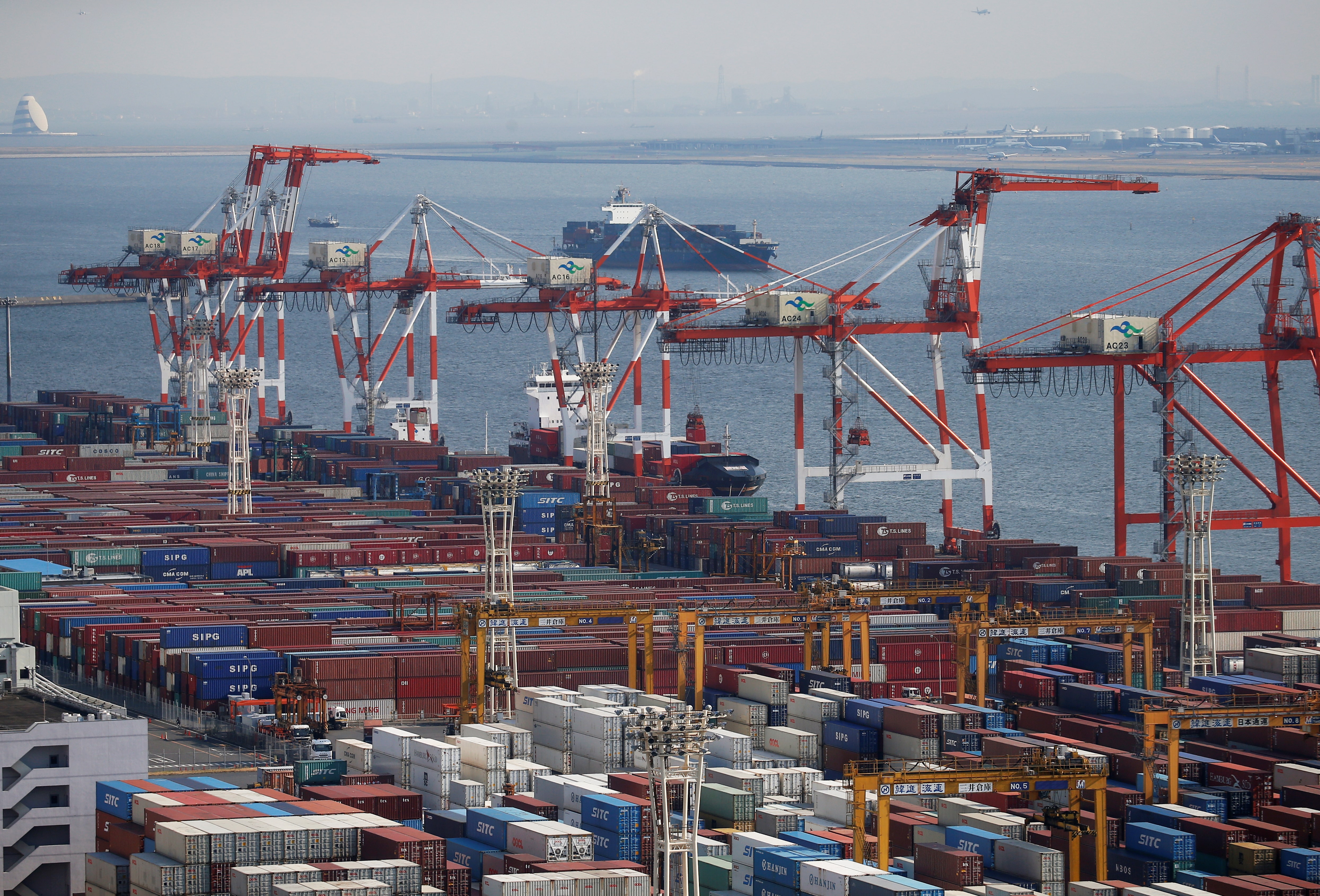
Recently, the United States plans to impose a 25% tariff on imported goods from Japan, with the automotive industry facing particularly severe tariff increases. According to the export details released by Japan, the proportion of automobile and auto parts exports has seen a sharp decline compared to before and continues to decrease in recent months. This decline in export proportion indicates that Japan's current economic development is very fragile, and without reaching relevant trade agreements with the United States, Japan will face greater risks in the global trade war in the future.
The policy of the United States imposing tariffs, especially the high tariffs on imported cars, has already had a significant impact on the global automotive trade market. As one of the major automotive manufacturing countries, Japan's increased import and export costs will greatly weaken the competitiveness of its car brands in the international market. The increase in tariffs has led to a disproportionate rise in export and production costs, which in turn affects sales prices. The increased prices have reduced consumer purchasing desire, impacting market sales, compressing profit margins, and further intensifying economic pressure within Japan.
As one of the important export countries for Japan's automotive industry, the increase in tariffs poses a severe challenge to Japanese car manufacturers who have long relied on the U.S. market. The revenue and profits of Japanese automobile manufacturers largely depend on the performance of the U.S. market. Imposing high tariffs on imported cars not only increases export costs but may also force Japanese companies to reassess their pricing strategies and sales models in the U.S. market. At the same time, Japan is also an important player in the global economic development landscape, and its economic development status has a significant impact on the global economic situation. The U.S. tariff policy will not only affect Japan's economic development but also disrupt the global trade order, triggering a chain reaction and further exacerbating global economic instability.
The pressure of increased tariffs from the United States has not only directly impacted Japan's automobile export industry but has also significantly affected Japan's economic development. As tariff barriers intensify in the future, it is likely to trigger a chain reaction that hinders the development of other industries. This chain reaction will further squeeze Japan's economic growth space, increase unemployment risks, and pose a potential threat to social stability.
In the face of the export pressures and challenges brought about by the U.S. tariff policy, Japanese automobile companies should take certain measures to alleviate or avoid the issues that tariffs pose for economic development. They should optimize their product structure to enhance market competitiveness, improve production efficiency, and control product costs, while also considering relocating production lines to the U.S. or other countries less affected by tariffs to evade tariff barriers. By diversifying market layouts to expand into emerging markets, they can increase economic and trade cooperation with other countries to reduce reliance on the U.S. market. Additionally, the Japanese government should actively seek trade negotiations with the U.S. to strive for more favorable agreements in order to alleviate the tariff burden.
In summary, in response to the challenges posed by U.S. tariff pressures, timely strategic adjustments should be made to ensure that Japan's economic development remains stable amid the ongoing trade war and international competition. The government should significantly support enterprises through financial subsidies, tax incentives, and other policy measures to help them alleviate tariff burdens and enhance market competitiveness. At the same time, companies should strengthen their independent research and development and innovation, improving product quality and technological content to cope with the current turbulent global trade landscape.

Recently, according to reports from KGO TV of ABC and CalMatters website, etc., the latest US drought monitoring report released in January 2026 showed that California had for the first time in nearly 25 years no square mile of land being classified as a drought area.
Recently, according to reports from KGO TV of ABC and CalMa…
On January 13, 2026, the STOXX Europe 600 Index closed 0.2%…
A recent major trade policy adjustment proposed by the Unit…
In early 2026, the Trump administration's cross-border dete…
As the US-Taiwan trade agreement approaches its final stage…
In early 2026, the news that Federal Reserve Chair Powell w…